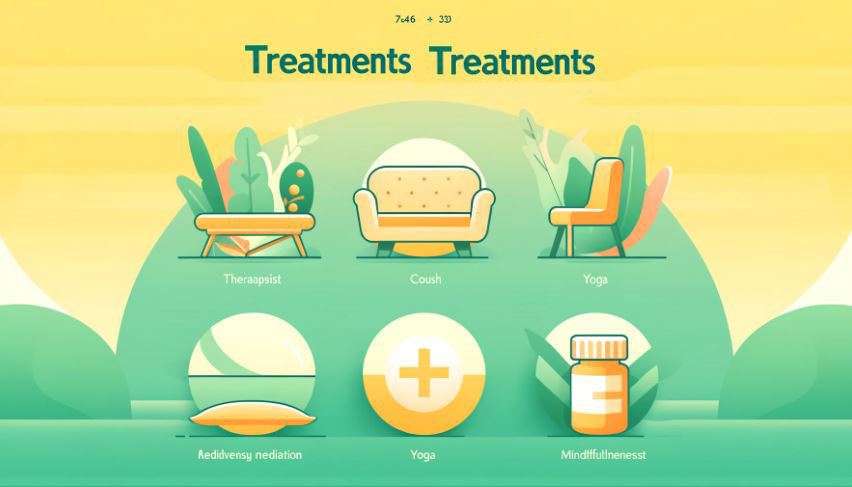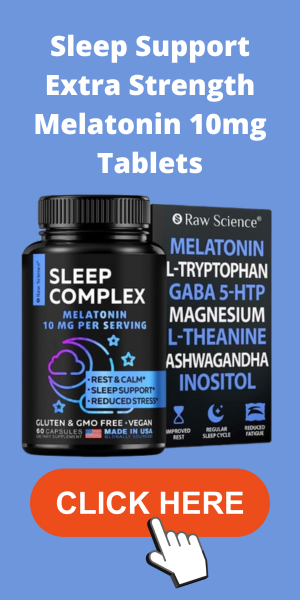
Treatments for Anxiety
Self Treatment
Anxiety may be remedied at home, without the supervision of
the doctor. This may however be restricted to situations when the anxiety lasts
for a short while and the reason has been known or may be avoided or eliminated
altogether. The condition can be treated by learning stress management by
maintaining deadlines and not resorting to pressure, taking out time from work
and study. You may even learn different methods of relaxation and meditation
techniques. Deep abdominal breathing is also helpful. Patients can even learn
about coping self talk instead of speaking negatively about themselves. Self
treatment also encourages the person to see themselves in a positive light,
conquering their fears.
Counseling
Anxiety is often treated with psychological counseling
including psychotherapy, cognitive behavioral therapy and other methods. CBT or
cognitive behavioral therapy addresses the changes in the thinking methods of
the individual which are related to the troubled and anxious feelings. The
cognitive aspect limits the distorted chain of thoughts, while the behavioral
aspect helps people handle the situations and objects which lead to anxiety.
Psychotherapy is also used at times for understanding and resolving anxiety. In
this process, you speak to a mental health expert, social worker, psychologist,
or social worker to explore the reasons of anxiety and ways of coping with its
symptoms.
Medication
Different kinds of drugs may be used in the process of
treating anxiety. If anxiety is caused by a physical ailment, the cure will be
tailored for curing the condition. It can include surgery or any other type of
medication for regulating a trigger of physical anxiety. Medicines like
beta-blockers, tricyclics, antidepressants and benzodiazepines are often used
for regulating the mental and physical symptoms of anxiety.
Although previously, anxiety was mostly treated with
benzodiazepines, their usage has of late decreased since they might lead to
addictive symptoms. However, their side effects are comparatively few other
than possible dependence and drowsiness. Valium or diazepam is one of the
common varieties of benzodiazepines used in the process.
Prevention of Anxiety
There is no established way through which you can prevent
anxiety, although there are various ways in which you can reduce the risks and
employ methods for reducing or controlling the symptoms. Here are some of the
ways in which you can reduce your chances of developing anxiety:
Reduce your
consumption of caffeine, cola, chocolate and tea
Check out with your pharmacist or doctor before using herbal
or over the counter remedies to check if they contain the chemicals that lead
to anxiety
·
Eat healthy foods
·
Exercise regularly
·
Maintain a standard pattern of sleep
·
Look for support and counseling methods once you
have experienced anything disturbing or traumatic
·
Avoid cannabis and alcohol
Natural ways for Treatment of Anxiety
There are several natural therapies and lifestyle changes
that can help manage anxiety. While these approaches may not replace
professional treatment, they can be valuable complements to therapy or
medication. Here are some natural ways to treat anxiety:
1.
Regular Exercise: Engaging in regular
physical activity, such as walking, jogging, yoga, or dancing, can help reduce
anxiety by promoting the release of endorphins, which are natural mood
enhancers.
2.
Mindfulness Meditation: Practicing
mindfulness meditation can be effective in calming the mind and reducing
anxiety. Techniques like deep breathing, body scans, and focusing on the
present moment can help alleviate anxious thoughts.
3.
Relaxation Techniques: Techniques such as
progressive muscle relaxation, guided imagery, and visualization can promote
relaxation and reduce anxiety levels.
4.
Healthy Diet: Eating a balanced diet with
plenty of fruits, vegetables, whole grains, and lean proteins can support
overall well-being and may help stabilize mood.
5.
Limiting Caffeine and Alcohol: Caffeine
and alcohol can exacerbate anxiety symptoms, so reducing or eliminating
consumption of these substances may be beneficial.
6.
Aromatherapy: Certain scents, such as
lavender, chamomile, and bergamot, have calming properties and can help reduce
anxiety when used in aromatherapy.
7.
Herbal Supplements: Some herbal
supplements, such as passionflower, valerian root, and lemon balm, are thought
to have anxiety-reducing effects. However, it's important to consult with a
healthcare professional before taking any herbal remedies, as they can interact
with medications.
8.
Quality Sleep: Establishing a regular
sleep schedule and practicing good sleep hygiene can help reduce anxiety. Aim
for 7-9 hours of quality sleep per night.
9.
Social Support: Maintaining connections
with friends and loved ones can provide emotional support and reduce feelings
of isolation, which can contribute to anxiety.
10. Time
in Nature: Spending time outdoors in nature, such as walking in a park or
gardening, can have a calming effect and reduce stress and anxiety levels.
It's important to note that while these natural treatments
can be beneficial, they may not be sufficient for treating severe or chronic
anxiety disorders. If you are experiencing persistent or severe anxiety
symptoms, it's essential to seek guidance from a mental health professional for
proper evaluation and treatment.
